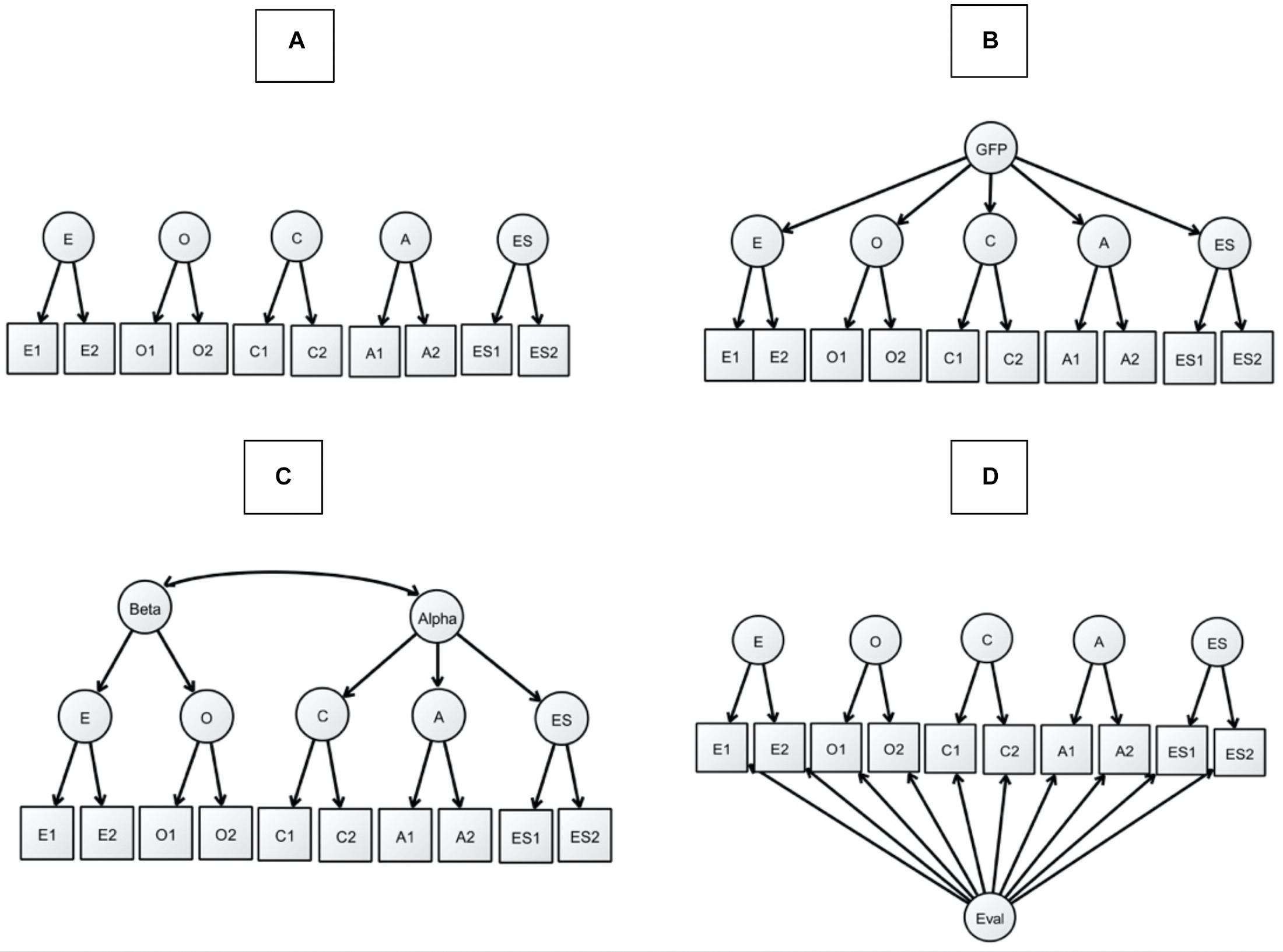
In South Africa, in addition to the fatigue, frustration and confusion candidates may face, there is also the question of the diverse South African population (Meiring, Van de Vijver, Rothmann & Barrick, 2005).

Most personality measures are often considered long, and, particularly in research settings (Gosling, Rentfrow, & Swann, 2003), candidates may experience fatigue, frustration and confusion (Saucier, 1994) whilst completing them. In this study we examine how the length of a personality measure impacts on the measure’s construct validity.

They are used to understand why humans behave and think as they do by identifying the unique set of traits, characteristics or attitudes of a person, understanding a person’s performance potential and possibly their career interest (Costa, 2008 Salkind, 2006 Tett & Burnett, 2003).

Personality measures are considered important for making decisions regarding individuals. Practical/managerial implications: The BTI is a more reliable measure than the TIPI, which should only be used when time is limited.Ĭontribution/value-add: In addition to providing insight into how the length of an assessment impacts on the reliability of a measure, this study further reinforces the use of the basic traits inventory as a measure that reliably measures personality in South Africa. Main findings: The main findings indicate that, although the construct validity of both measures was satisfactory, the TIPI yielded unsatisfactory reliability. Both personality measures were administered manually to a convenience sample of student participants ( n = 662), and data were analysed through factor analysis utilising oblique rotation for all items. Research approach, design and method: This study used a quantitative research design. This study assessed the validity of the shorter measure in comparison with the BTI, which is considered cross-culturally valid in the South African context. Motivation for the study: Researchers have indicated a need for shorter personality measures, such as the TIPI, to assess personality dimensions. Research purpose: The main purpose of this study was to examine the discriminant and convergent validity of two personality measures that measure the big five personality factors: the longer Basic Traits Inventory (BTI) and the shorter Ten-Item Personality Inventory (TIPI). Orientation: As there has recently been a need for researchers to consider shorter personality measures, we compared the construct validity of a longer and a shorter personality measure in the South African context. This is an Open Access article distributed under the terms of theĬreative Commons Attribution License, which permits unrestricted use, distribution,Īnd reproduction in any medium, provided the original work is properly cited.Įxamining the construct validity of the Basic Traits Inventory and the Ten-Item Personality Inventory in the South African context SA Journal of Industrial Psychology/SA Tydskrif vir Bedryfsielkunde, 40(1), Art. Examining the construct validity of the Basic Traits Inventory and the Ten-Item Personality Inventory in the South African context.

Metzer, S.A., De Bruin, G.P., & Adams, B.G. PO Box 524, Auckland Park 2006, South Africa 1Department of Industrial Psychology and People Management, University of Johannesburg, South Africa


 0 kommentar(er)
0 kommentar(er)
